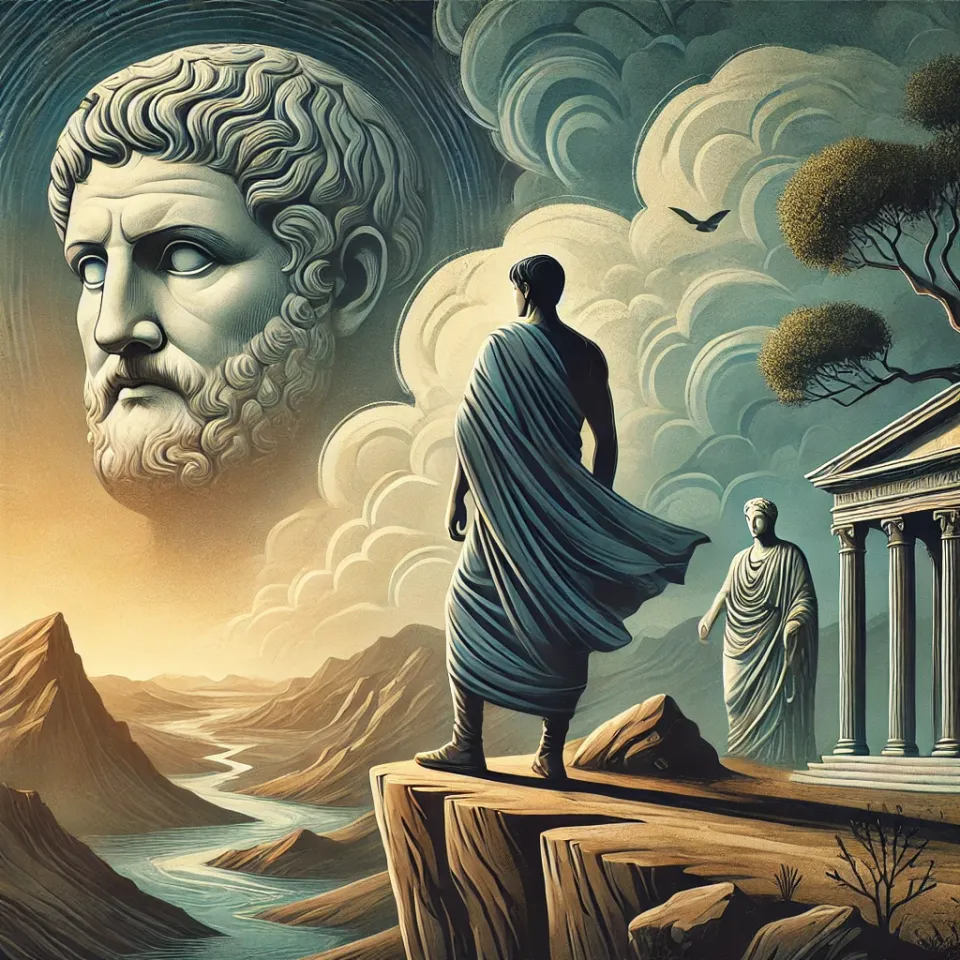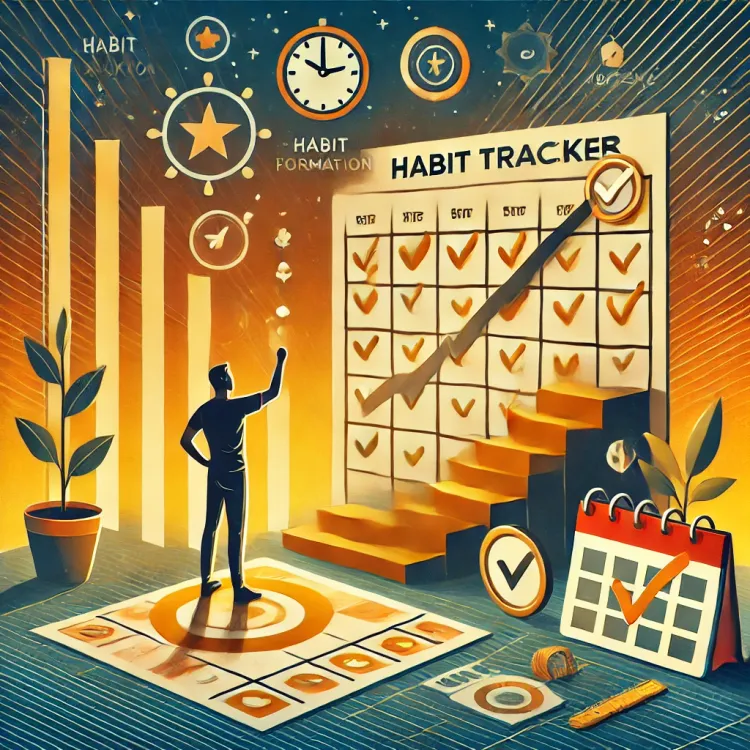5 Lessons the Stoics taught me

In this weeks blogpost I want to talk about the 5 most life-changing lessons I learned while diving into the work of Marcus Aurelius, Seneca and Epictetus, who are probably the most popular ancient stoics. Before sharing the lessons I learned while reading books like "Happy", "The daily stoic" and doing the "Ali Abdaal Stoicism Masterclass" on Skillshare, I want to give you a brief definition of stoicism.
You probably all associate being stoic with being disciplined and emotionless. In generall the adjective has a negative ring to it, which is probably one of the reasons why stoicism is so greatly misunderstood in todays society. When you dive deeper into the topic you realize that the principles and the way of living the ancient stoics practised 2000 years ago, actually do apply to the modern world and help us to live more healthier, happier and more productive lives. But what is stoicism?
Stoicism is an ancient philosophy which was practised in the rome and greek antiquity. It was one of the most popular disciplines in the west, but it slowly faded away over time. In the last last century stoicism got revived and many of the histories greatest minds like George Washington and Theodore Roosevelt implemented the stoic lessons into their daily life. But what did those people see in this 2000 year old philosophy, that made them rethink their lives. The ancient stoics taught us that our perception of the things, rather than the things itself, cause most of our trouble. They taught us that our reason helps us to choose how we categorize, respond, and reorient ourselves to external events. In generall they demonstrated that you should approach life and especially you emotions with more logic. They asked themselves questions like: "What is the best way to live?", "What do I do about my anger?" and "How can I deal with the difficult situations I face?". We face those kind of questions in some way in our life, but the good thing is that the stoics gave us a toolkit to deal with them.
There is actually no brief definition of what stoicism is, so this is all I can give you, but that is also not the point of this article. I wanted to give you 5 principles you can implement into your daily life, so I will leave the historical part now and will get right to the action.
The dichotomy of control
This is actually a principle I dicussed in one of my previous article, but it truly changed how I perceive external events, so I wanted to include it in this article. The dichotomy of control says, that there are things, which lay under our controll and there are things which are outside of our controll. The only things which are under our control are our thoughts and our actions and everything apart from that is not, so therefore worrying about those things is actually useless and even leads to more stress and a less happier life in generall. This is a pretty liberating thought when you think about it, so I want to encourage you whenever you worry about something ask yourself: Is this under my controll ? If the question is no, just accept your situation as it is.
Premeditating Adversity
This principle basically says that everything in life comes and goes, so you should not become to attached to things you have at the moment. This of course applies to material things, but it especially applies to the people you love. They can be gone any moment. This sounds very sad in the first place and you probably think how this thought pattern should lead to a healthier and happier life. It is actually pretty simple. Keeping this principle in mind, will lead to you actually appreciating the people you sorround yourself with more, because you know that they will be gone some day. You invest more time and love in those relationships in the present.
Voluntary Discomfort
Whenever you feel discomfort the next time, tell yourself that this discomfort will make you grow and will actually makes you appreciate the situations where you feel comfortable. "Without discomfort there is no comfort". In addition to that uncomfortable situations will prepare you for all the struggles life will eventually throw at you. Seek discomfort on a daily basis and it will lead to growth.
A view from above
This is a tactic, which will put some distance between yourself and your external the world. Whenever you worry about something, zoom out and think about how much this will matter in 10 minutes, 10 hours, 10 days and so on. While doing this practize you will eventually realize that this thing doesn't matter at all in the long run, so you can just stop worrying about it and continue with your day. A practise which can also be helpfull in those kinds of situations, is thinking the whole situtation to another persons point of view.
Journaling
Journaling is something, which I started doing about a year ago and it became an essential part of my morning routine. It is just so liberating writing down your thoughts and the stuff you worry about on a daily basis. Many people still have the misconception, that journaling is just a way to document your day, but it can actually be anything you want it to be. You can practise journaling however you want, but I can guarantee you that it will clear your head from the daily struggles you have, will help you reflect on the challanges you encounter in life and will make you a happier person in general. If you don't know what you should journal about, there are a lot of guidlines with questions, you can ask yourself while journaling. A good way to start in my opinion is to write down 3 things you are greatful for in this very moment.
I hope I gave you a good first impression, why I find the stoic philosophy so interesting and why I implemented some of the lessons into my life. If you want to dive deeper into this topic I highly recommend the books of Ryan Holliday.
Cheers Emil





Member discussion